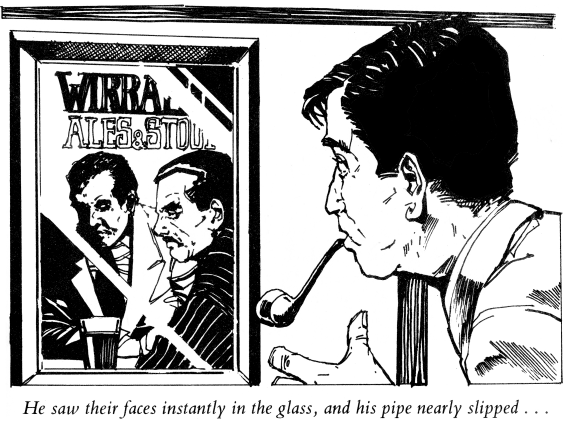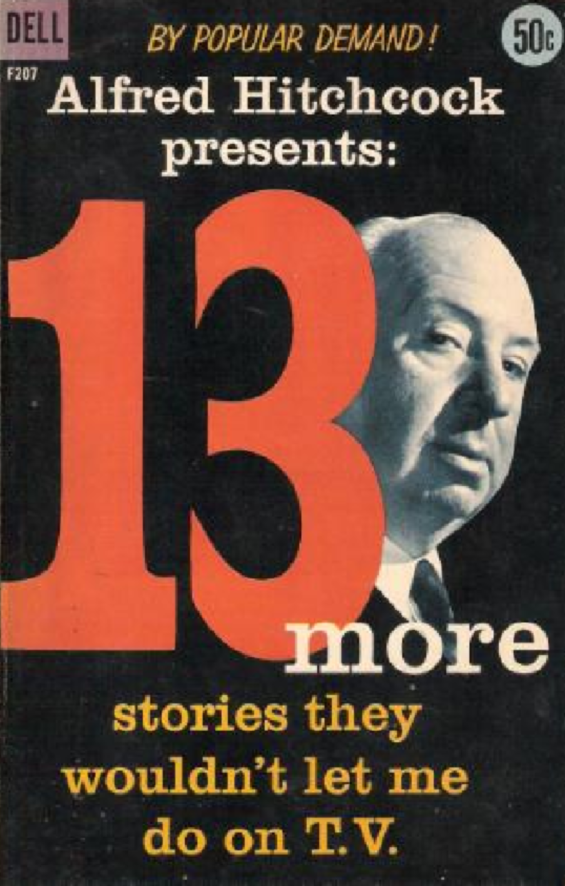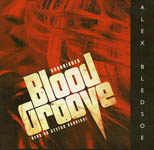
 Jeffrey Combs Reads H.P. Lovecraft’s Herbert West Re-Animator
Jeffrey Combs Reads H.P. Lovecraft’s Herbert West Re-Animator
By H.P. Lovecraft; Read by Jeffrey Combs
1 CD – 72 Minutes [ABRIDGED]
Publisher: Beyond-Books.com
Published: 1999
UPC: 619981033428
Themes: / Science Fiction / Horror / Death / Immortality / Zombies / WWI / 1900s / 1910s / 1920s /
“Human it could not have been — it is not in man to make such sounds.”
The “Herbert West, Reanimator” serial is a cycle of six ghoulish tales inspired by Mary Shelly’s Frankenstein. This audiobook is an abridged reading of that serial. We first meet the titular Herbert West as a third-year medical student attending New England’s Miskatonic University in 1904. We are introduced to West by an unnamed companion, a fellow student at M.U., who like a Watson to his Sherlock Holmes, narrates the adventures of his fascinating fiend friend. West is the inventor of an extraordinary reagent, one that when injected into the body of a recently deceased person, cause rudimentary living functions to return. West seeks to perfect his reagent, but in order to do this he must find freshly deceased bodies. The six seperate episodes recount the various grusome attempts by West and his bizzarely-loyal companion to do just this. One minor wrinkle, most of the subjects that undergo the “re-animation” process become violent, incommunicative and don’t typically and retain their ‘higher’ mental faculties.
Jeffrey Combs Reads H.P. Lovecraft’s Herbert West Re-Animator will make you become, like West, utterly fascinated by the desire to know what will happen in the next experiment. What will the dead have to say? Can death truly be conquered? As the unnamed narrator puts it – “I, myself, still held some curious notions about the traditional ‘soul’ of man, and felt an awe at the secrets that might be told by one returning from the dead.” The prose is rich, fast and pregnant with that special adjectival allure that only Lovecraft knew the formula for. Though it appears that Lovecraft himself was not overly-fond of this serial, it makes for a straightforward introduction to his work and I found it appealingly nefariousness.
The abridgement here is relatively minor, and even, I am surprised to say, forgiveable. It appears to have been done to try to smooth out the connectity of the six seperate stories that make up the entire Re-Animator cycle or possibly to make the entire set of tales fit onto just one CD. The original stories offered a recap of the previous instalment’s events, reading them back to back like this, it makes sense that those sections would be disposable. Either way, it is forgivable. Far more disheartening than the abridgement is the addition of sound effects. The sounds are intermittent, completely redundant and nearly ruin the atmosphere the text naturally generates in a reader. Horror stories, if they are well written, generate a mood by words alone. I’d like to say this is just a case of gilding the lily, but that makes it sounds like it was merely superfluous to add in sound effects, and I don’t want to say that. In fact it is far worse than that – the added effects will sometimes completely break the spell that Lovecraft’s words and Combs’ reading of them are weaving together – the sound effects bring the listener out of the story. This is a major flaw.
On the bright side, the reading itself is excellent. Jeffrey Combs is probably best known for his role as Herbert West in the Re-Animator films. You’d probably also recognize his voice and mannerisms from his supporting work. Were he better known I have no doubt he’d have many a stand-up comedian doing impersonations of his unique vocal cadance. Combs has been all over Science Fiction on TV, he even played two recurring characters on the same episode of Star Trek: Deep Space Nine at one point! His reading is of course dead-on. He knows this material well and revels in the loquacious language of H.P. Lovecraft.
Recommended, but with reservations.
Posted by Jesse Willis

 The SFFaudio Podcast #142 – Accessory Before The Fact by Algernon Blackwood, read by Gregg Margarite. This is a complete and unabridged reading of the short story (16 Minutes) followed by a discussion of it (by Jesse, Tamahome, and Gregg Margarite).
The SFFaudio Podcast #142 – Accessory Before The Fact by Algernon Blackwood, read by Gregg Margarite. This is a complete and unabridged reading of the short story (16 Minutes) followed by a discussion of it (by Jesse, Tamahome, and Gregg Margarite).






